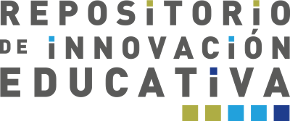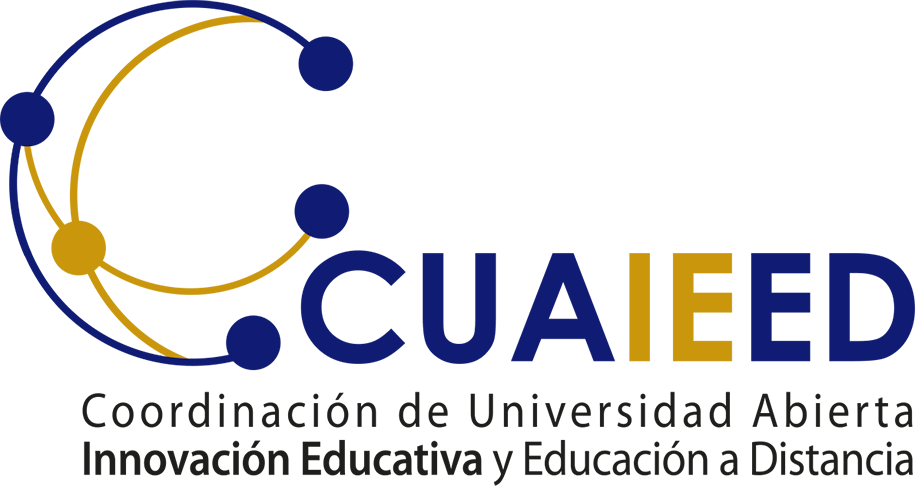Por favor, use este identificador para citar o enlazar este ítem:
https://www.innovacioneducativa.unam.mx:8443/jspui/handle/123456789/4325| Título : | Propuesta metodológica de enseñanza y aprendizaje para innovar la educación superior |
| Autor : | Sandí Delgado, Juan Carlos Cruz Alvarado, Mainor Alberto |
| Fecha de publicación : | 2016 |
| Resumen : | AbstractThis research is based on the analysis of the different cognitive theories, which aims at developing a methodological proposal that leads to an innovating teaching and learning process in higher education using ICTs. This proposal integrates both: traditional cognitive methodologies and constructivist sociocultural methodologies, which were considered to strengthen the teaching-learning process in higher education.This analysis was accomplished considering the action-investigation approach from planning, acting, observing and reflecting which, in turn, produces changes in the educational processes, so that the teacher’s performance and the learner’s acquisition of content can be improved. Evans (2010) states: “The action-investigation approach promotes a new way of acting, starts an effort to innovating and enhancing our job, which has to be analyzed, evaluated and reflected on permanently (p.21)”.A theoretical analysis of different learning paradigms -from Pavlov and Skinner’s Behaviourism to Ausubel, Piaget and Vygotsky's Constructivist theories - was done in order to develop an innovative teaching-learning methodology in which the teachers will have to adopt a school leadership in order to maximize the cognitive processes. It is important to highlight that the methodology used can be adapted to be applied by teachers of other disciplines. |
| URI : | http://132.248.161.133:8080/jspui/handle/123456789/4325 |
| ISSN : | 2215-2458 |
| metadata.dc.identifier.url: | http://www.scielo.sa.cr/pdf/is/v17n36/2215-2458-is-17-36-00153.pdf |
| metadata.dc.type: | Artículo |
| Aparece en las colecciones: | Artículos científicos y académicos |
Ficheros en este ítem:
No hay ficheros asociados a este ítem.
Los ítems de DSpace están protegidos por copyright, con todos los derechos reservados, a menos que se indique lo contrario.


